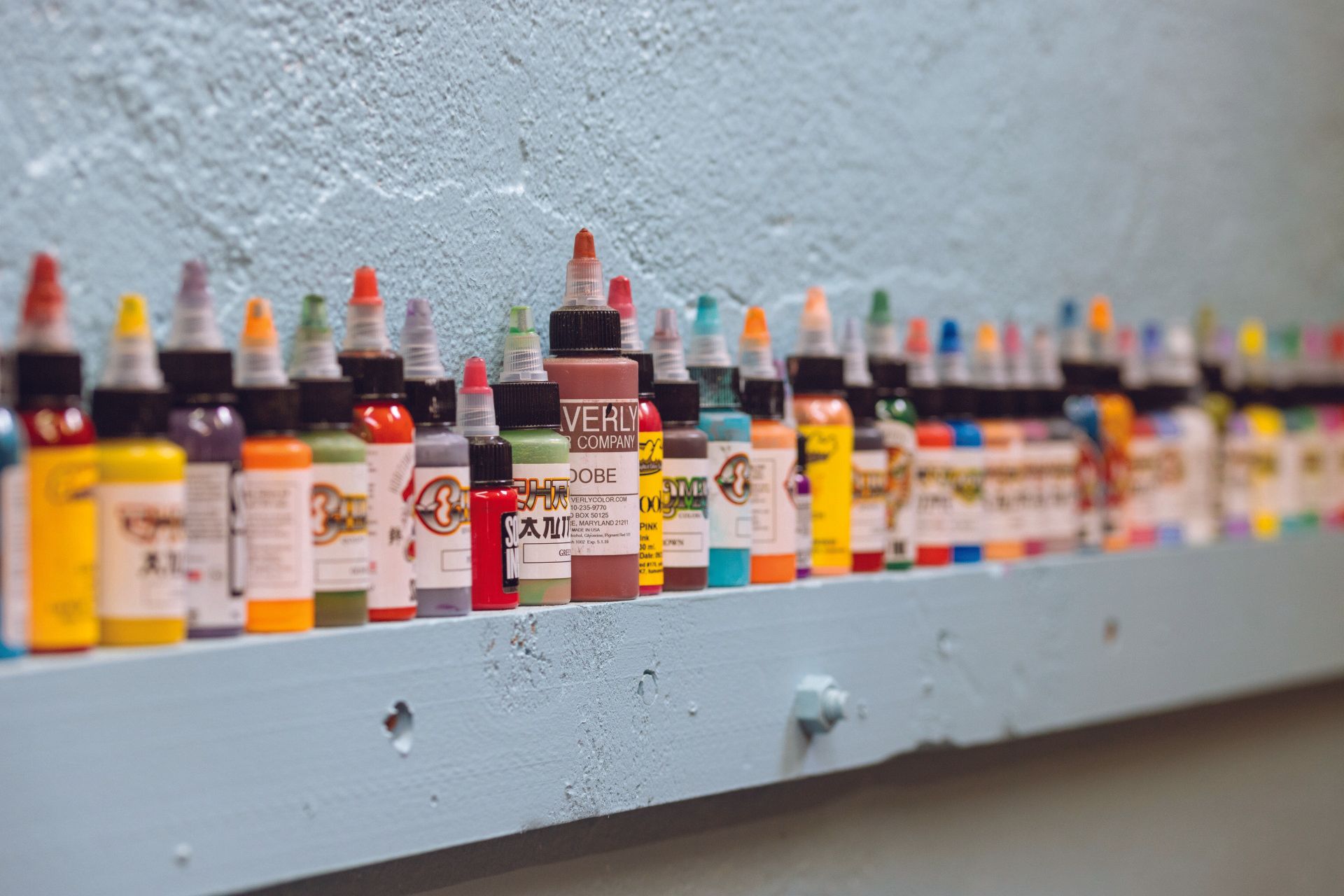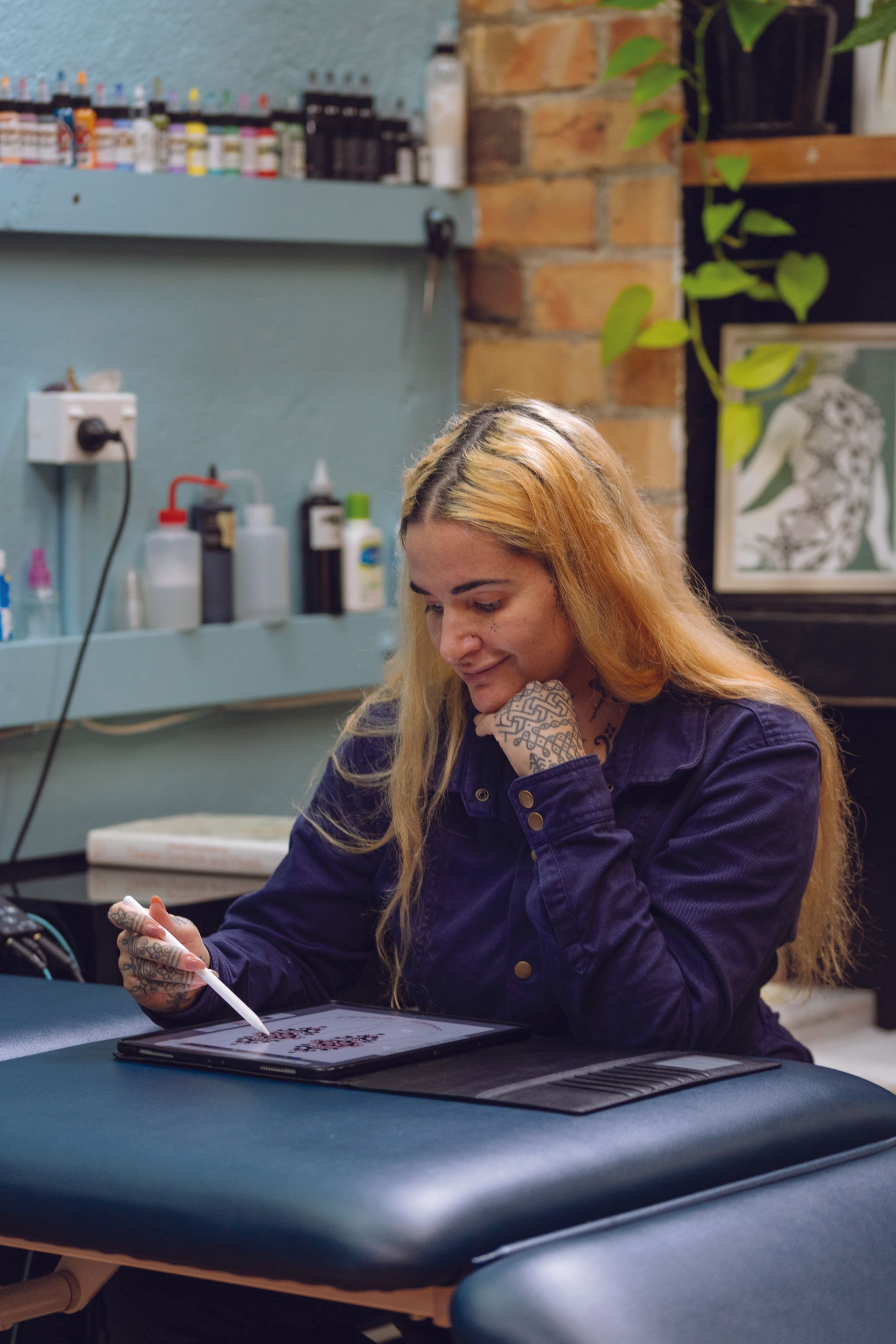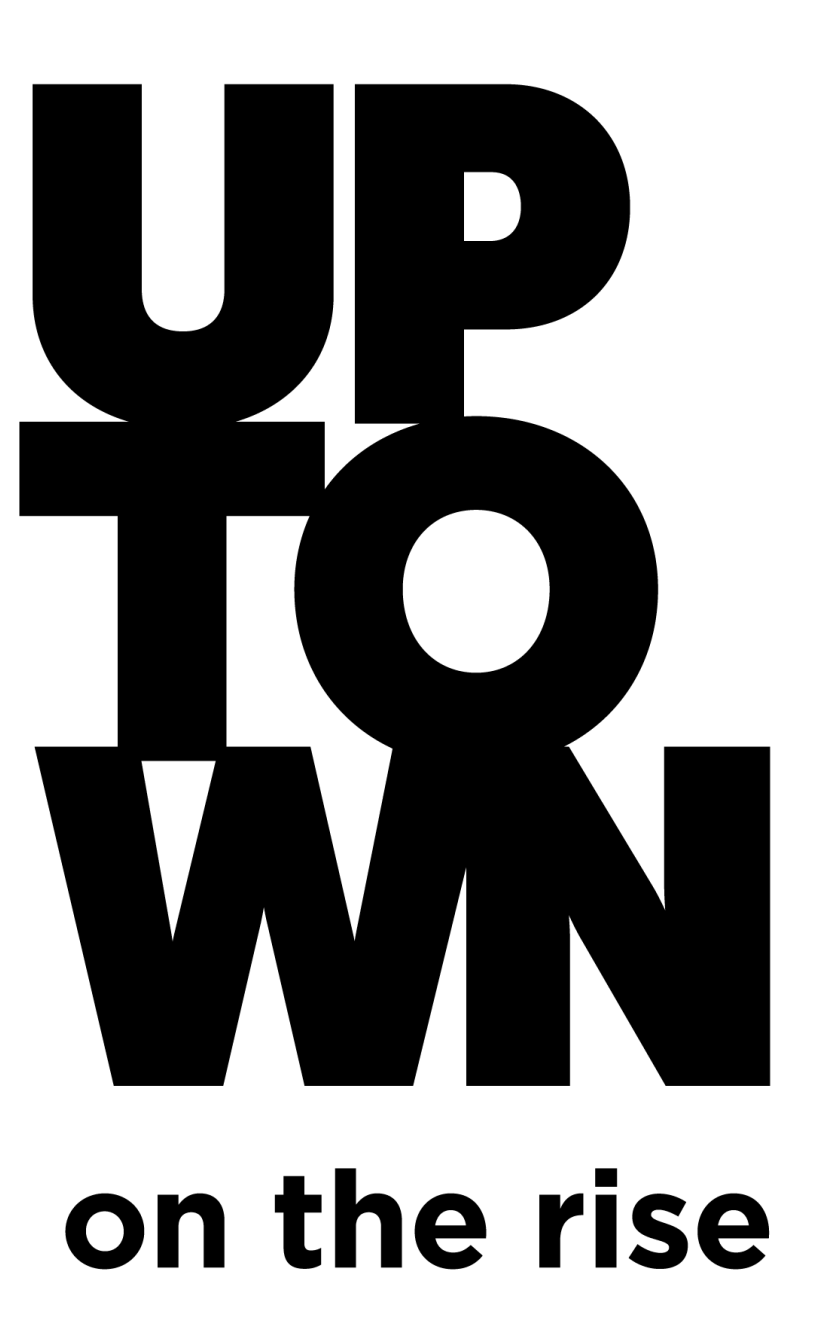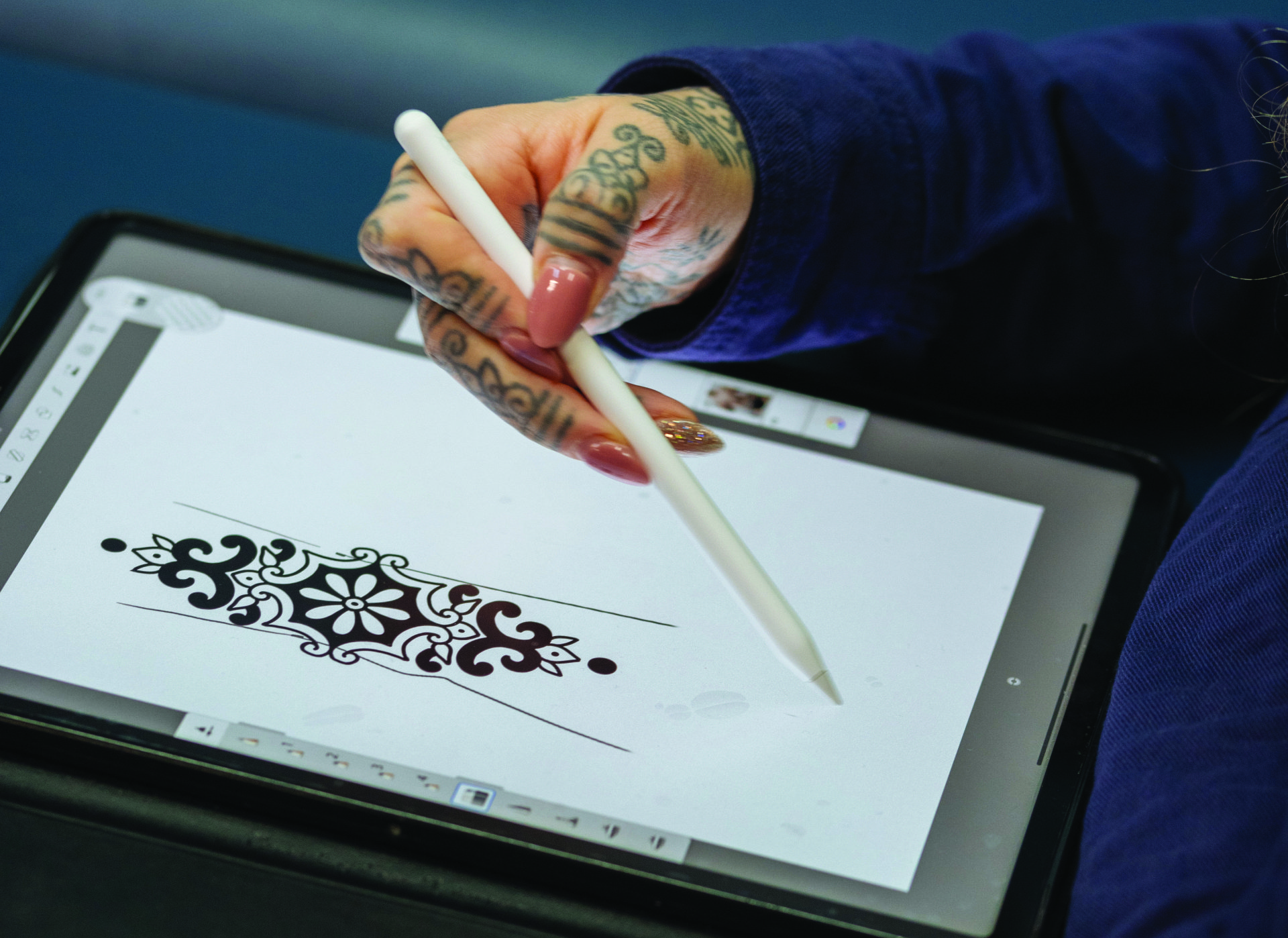
Creating identity at Love & Hope
Words: Angela Barnett
Magali Corpas didn’t want a name for her tattoo shop that included the words “ink” or “skin”. She wanted to capture what the craft of tattoo is all about: solidifying identity, reclaiming bodies, and capturing creativity and art in places that need healing. Love & Hope is an inclusive space – across gender, race and orientation – and there’s no uncomfortable walk-in where everyone stops to watch the unsure visitor when the bell rings; it’s appointment only.
Getting a tattoo is not just body art. “For many, a tattoo is also claiming your body as your own,” she says. “Some people say the more tattoos they get the more they feel themselves. It’s about creating an identity and making yourself more secure in who you are.”
Love & Hope tattoos mums who want to get stretch marks covered up after birth, or people who want to cover old tattoos from a different time. For some, it’s embellishment, says Magali. “We get a lot of people reclaiming parts of their bodies that are not their favourite parts. We have people who have gone through surgery and want to cover scars and want to feel fully healed and whole.”
At times it’s very intimate. So it’s important to Magali that what happens in her shop helps clients feel validated. “It’s private. Some other shops can be quite intimidating and some people might not feel welcome. Ours is a safe space for different kinds of folks.”
Born in Buenos Aires, Argentina, Magali came to Aotearea when she was 21. She learned to tattoo in Queenstown and admits her first tattoo was terrible – par for the course, she says – then came up to Tāmaki Makaurau hunting for a new challenge. “I was looking for more meaningful work and once I got here, my career took off.”
Located in Uptown, Love & Hope is shared by three other artists, like a co-op. Magali owns the business and the other artists have their own client base and do their own hours. “I’m not really the boss, I don’t have to know what they do as long as they’re good with their customers.” Magali spent her apprentice years in traditional places where long hours were the norm and everyone got a percentage, so she wanted to create a different model, with less rigidity. “It works on freedom and respect,” she says. “It’s an absolute joy running my own thing. I don’t have to make shop hours. I don’t have to answer to anyone.”
There’s a lot of emotional exchange in the job. It’s artistry, but it’s also a sharing of vulnerability and it can be draining. Having downtime is an important aspect of Love & Hope and as the mother of a two-year-old, Magali works, on average, four days out of five and the business runs on word of mouth. There’s no marketing, except for Instagram. “It’s a service industry and we select who we tattoo based on our skills, and if we feel another Auckland tattooist is more suitable we will recommend them.”
The best tattoos, says Magali, “are when people give me complete trust. They might have seen some of my art from my portfolio and let me create something for them.” She says she has a really good client base full of regulars. It’s clear from the wall of interesting art inside the shop that Magali makes the decisions on the shop’s character and aesthetics.
“Love” and “hope” are not usually words attached to businesses, but the title completely fits this one. “I feel grateful that people can come in and feel safe to have an experience with me,” she says. “It’s such interesting and fulfilling work.”


